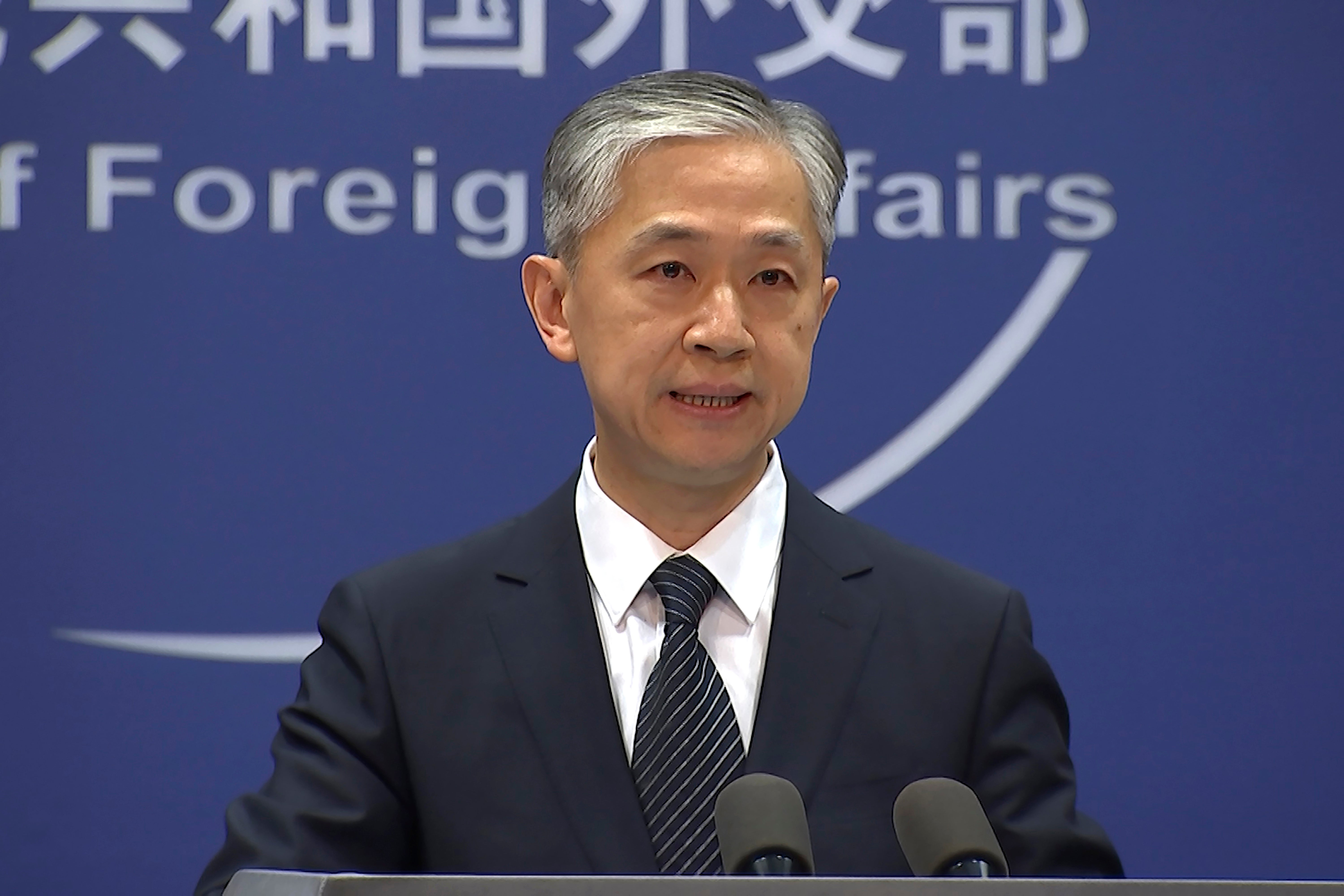China touts support from Gulf states for Uyghur treatment
China says it gained support on issues including the treatment of Uyghur Muslims from a number of Persian Gulf states following talks between their foreign ministers at which they agreed to upgrade relations

Your support helps us to tell the story
From reproductive rights to climate change to Big Tech, The Independent is on the ground when the story is developing. Whether it's investigating the financials of Elon Musk's pro-Trump PAC or producing our latest documentary, 'The A Word', which shines a light on the American women fighting for reproductive rights, we know how important it is to parse out the facts from the messaging.
At such a critical moment in US history, we need reporters on the ground. Your donation allows us to keep sending journalists to speak to both sides of the story.
The Independent is trusted by Americans across the entire political spectrum. And unlike many other quality news outlets, we choose not to lock Americans out of our reporting and analysis with paywalls. We believe quality journalism should be available to everyone, paid for by those who can afford it.
Your support makes all the difference.China said Friday it gained support on issues including the treatment of Uyghur Muslims from a number of Persian Gulf states following talks between their foreign ministers at which they agreed to upgrade relations.
Chinese Foreign Ministry spokesperson Wang Wenbin said the ministers and Gulf Cooperation Council Secretary-General Nayef Falah Al-Hajraf expressed firm support for China’s “legitimate positions on issues related to Taiwan, Xinjiang and human rights.”
He said they “expressed opposition to interference in China’s internal affairs and politicization of human rights issues.” They also rejected the “politicization of sports and reaffirmed their support" for China’s hosting of the Beijing Winter Olympics that open on Feb. 4, he said.
China is accused of detaining more than a million Turkic Muslim Uyghurs in the Xinjiang region as part of a campaign to wipe out their traditional culture, language and beliefs. It claims Taiwan as a wayward province to be brought under its control by force if necessary.
China and the GCC, meanwhile, agreed to establish a strategic partnership, complete negotiations on a free trade agreement “as soon as possible," hold a China-GCC strategic dialogue and sign a 2022-2025 action plan to “elevate the bilateral relations to a new level," Wang said.
Chinese Foreign Minister Wang Yi expressed China’s “firm support for the GCC countries to maintain their national independence, security and stability, and will continue to oppose foreign interference in the internal affairs of the GCC countries in the name of human rights," Wang said.
China also pledged to support the GCC countries in setting up a multilateral dialogue to explore "the Middle East way to resolve conflicts and dispute in the region, and advocated that non-regional countries should play a constructive role to this end," he said.
The visit came as world powers, including China, try to revive the tattered 2015 Iran nuclear deal in Vienna.
Other participants in the meetings included the foreign ministers of Saudi Arabia, Kuwait, Oman and Bahrain.
Iran’s Foreign Minister Hossein Amirabdollahian was also due to be in China at the end of this week. It wasn’t immediately clear if he joined the meetings with the others and Wang did not mention him in his comments.
China and the U.S. are increasingly jockeying for influence in the Middle East, where Chinese companies have found markets for goods and services ranging from highways to military drones. China’s economy is heavily reliant on Middle Eastern oil and gas and Beijing has also maintained close ties with Iran amid its nuclear ambitions and disputes with other Gulf nations.